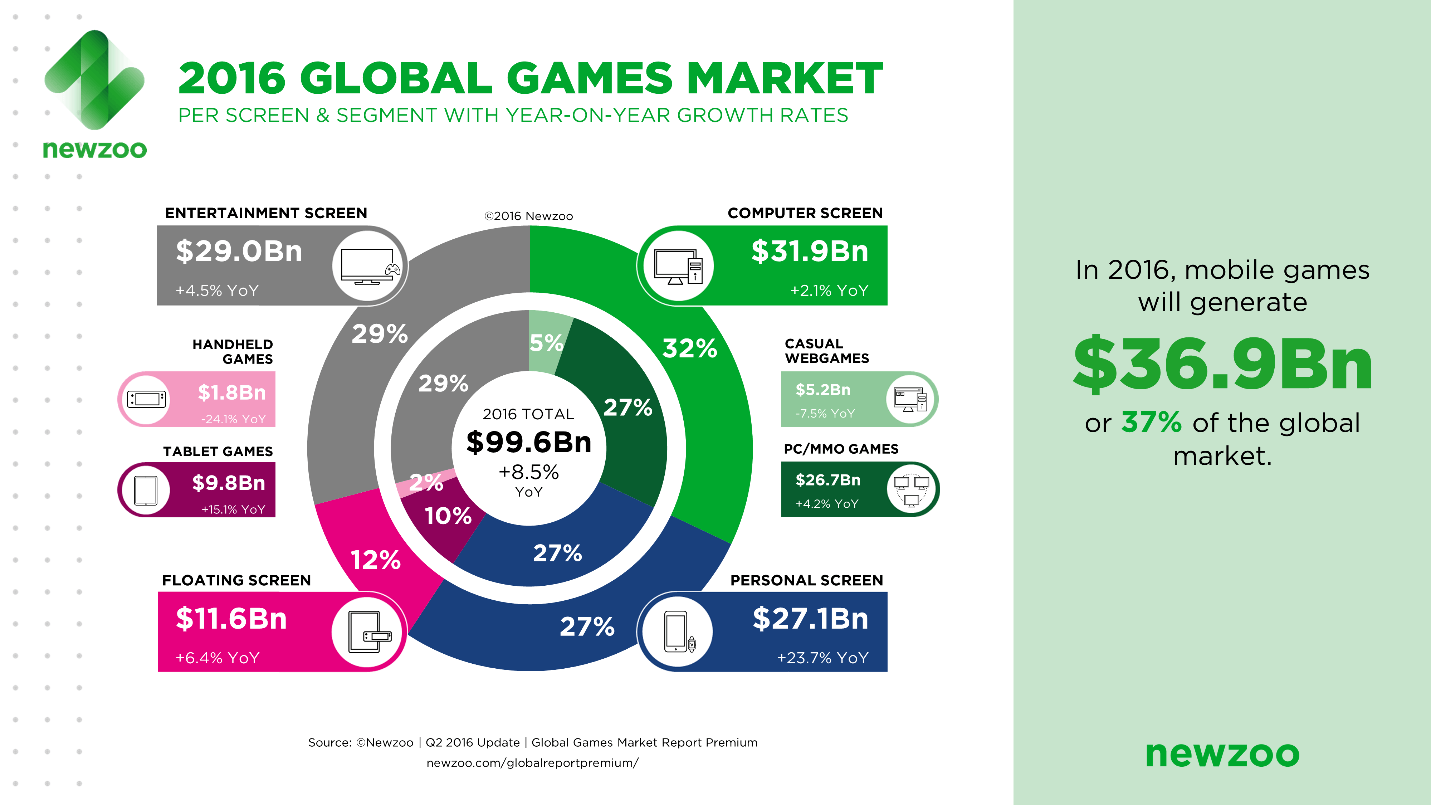The Ultimate Hookup Guide
Explore expert tips and advice on navigating the world of modern dating and hookups.
Leveling the Playing Field: The Impact of User-Generated Gaming Markets
Discover how user-generated gaming markets are reshaping the industry and leveling the playing field for gamers everywhere!
How User-Generated Content is Transforming the Gaming Industry
User-generated content (UGC) is revolutionizing the gaming industry in unprecedented ways. As players continue to engage with games on a deeper level, they are also becoming creators, sharing their own experiences, modifications, and narratives within the gaming community. This shift has fostered a vibrant ecosystem where user-generated content not only enhances player engagement but also drives marketing strategies for game developers. By leveraging UGC, companies can tap into the genuine enthusiasm of their player base, using fan-created content to build trust and authenticity around their brands.
Moreover, the rise of platforms such as Twitch and YouTube has further amplified the impact of user-generated content in gaming. Streamers and content creators play a crucial role in shaping trends and influencing purchasing decisions among their audiences. For instance, when a popular streamer showcases a mod or shares gameplay tips, it can lead to a significant spike in interest and sales for a particular game. This interactivity not only strengthens community ties but also empowers players to feel more connected to the titles they love, creating a synergistic relationship between gamers and developers.

Counter-Strike is a highly popular first-person shooter game that emphasizes teamwork and strategy. Players can choose to assume the role of terrorists or counter-terrorists, engaging in various game modes that require skill and communication. For those looking to enhance their gameplay experience, utilizing a daddyskins promo code can provide exciting benefits and in-game items.
The Rise of User-Generated Gaming Markets: Opportunities and Challenges
The emergence of User-Generated Gaming Markets has transformed the landscape of the gaming industry, offering a unique blend of creativity and commercial opportunity. These markets allow players not only to consume content but also to create and monetize their own gaming experiences. With platforms like Roblox and Steam enabling developers to showcase their games, the barrier to entry has lowered significantly. This shift has led to an influx of innovative games that often cater to niche audiences, driving both engagement and profitability. In fact, a study found that user-generated content contributes to over 50% of total gaming revenue in certain segments, highlighting the potential for both aspiring developers and established companies.
However, the rise of these markets is not without its challenges. The very same factors that empower creators can also lead to issues such as intellectual property theft and quality control. With countless user-generated titles flooding the market, standout projects often struggle to gain visibility amid the noise. Moreover, monetization strategies can vary widely, complicating the financial ecosystem for creators and consumers alike. As the industry evolves, it is crucial for platforms to establish clear guidelines and support systems that promote fair competition while maintaining high standards for quality and originality in user-generated content.
What Role Do Players Play in Shaping Game Development?
The role of players in shaping game development is increasingly vital in today's interactive entertainment landscape. Game developers often rely on player feedback to understand user preferences and improve game mechanics. This continuous dialogue between the creators and their audience allows for a more tailored gaming experience, ensuring that the final product resonates with its target demographic. For instance, beta testing phases, where players are invited to test games before official release, are crucial for gathering real-time feedback. The input received during these phases can lead to significant changes in gameplay, level design, and even storylines, ultimately enhancing player engagement.
Moreover, the emergence of online communities and social media platforms has transformed how developers interact with players. Platforms such as Reddit, Discord, and Twitch provide channels for players to voice their opinions, share strategies, and report issues, creating an environment where player input directly impacts ongoing development. Developers can utilize this feedback loop to implement updates or patches that address player concerns, ensuring that games remain relevant and enjoyable post-launch. This collaborative approach not only fosters a loyal player base but also promotes a sense of ownership among players, as they actively contribute to the evolution of their favorite titles.